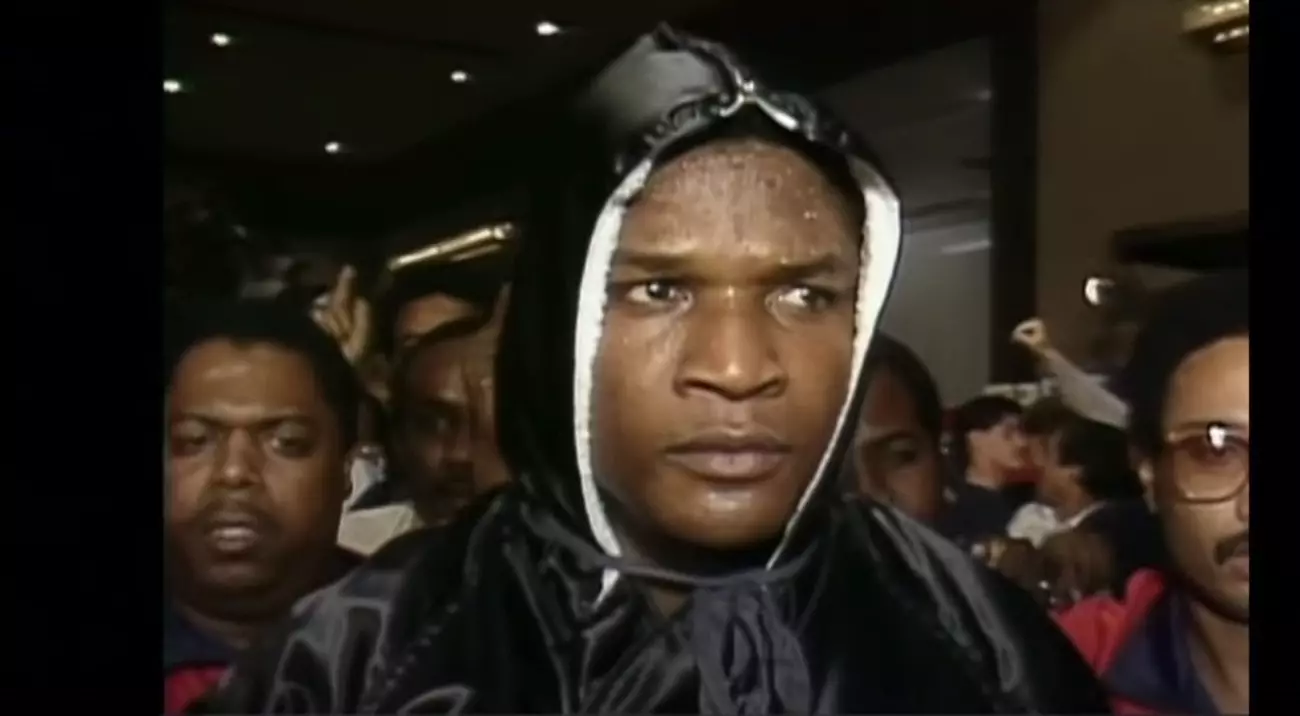In the realm of sports, certain moments transcend time and space, embedding themselves in the annals of history. For boxing, few instances resonate as powerfully as the night of November 22, 1986, when a young Mike Tyson left an indelible mark on the heavyweight division by annihilating Trevor Berbick. Just 20 years old, Tyson became the youngest heavyweight champion in boxing history, a title that still evokes awe decades later. This bout, a thrilling display of sheer power and precision, showcased Tyson at his very best, reminiscent of a tornado demolishing anything in its path.
Tyson, often referred to as “Kid Dynamite,” exhibited a ferocity rarely seen in the sport. His fists became the harbingers of destruction, landing on Berbick with a destructive intent that seemed to alter the very fabric of the boxing universe. The contest didn’t just see Berbick fall; he was floored multiple times by a single punch, a testament to Tyson’s devastating left hook that left his opponent in a state of bewilderment and despair. Berbick’s valiant attempts to rise, only to collapse once more, were heartbreaking yet captivating, exemplifying the brutal elegance that boxing can sometimes deliver.
What transpired immediately following the bout was equally compelling. As Tyson, still reeling from his astonishing victory, addressed his late mentor, Cus D’Amato, one could sense both pride and an unquenchable thirst for legacy. “Do you think Cus would have liked that?” Tyson pondered, a poignant reflection that revealed his unwavering respect for the man who shaped him. D’Amato, a legendary figure in the boxing world, would indeed have reveled in the scene as he beheld his protégé crushing the heavyweight ranks.
However, with triumph came a poignant vulnerability. Tyson, amidst the euphoria, hinted at aspirations beyond youth—the desire to become the oldest heavyweight champion. Yet, as boxing fans later came to witness, Tyson’s ascent to the pinnacle was marred by brief flashes of brilliance countered with troubling turmoil, suggesting that the path to greatness is often riddled with unexpected obstacles.
In the aftermath of his victory over Berbick, Tyson waged a relentless campaign against other contenders, systematically dismantling opponents with an alarming efficiency. By June 1988, he had steamrolled through the heavyweight landscape, with Michael Spinks falling in a mere 91 seconds, an outcome that shocked many skeptics who believed it to be his most challenging test. Tyson’s prowess in the ring became a topic of fascination; he appeared invincible, a gladiator thriving on the thrill of the fight while contestants became mere footnotes in his legacy.
But like all narratives of dominance, cracks began to surface. Tyson’s thrilling journey, characterized by explosive bouts and swift victories, grew stagnant as he faced marginally competent opponents. His long layoff following the fight against Spinks foreshadowed the unraveling that would soon follow, as frustration set in and disruptions in professionalism became increasingly evident.
The boxing world erupted in disbelief when Buster Douglas, a fighter regarded as a heavy underdog, pulled off one of the greatest upsets in sports history. The echoes of Tyson’s knockout of Berbick lingered, but they became a stark reminder of how fleeting glory can be. Douglas’s resounding victory highlighted the precarious nature of success in boxing, serving as a cautionary tale for Tyson and aspiring champions.
Even decades later, Tyson’s obliteration of Berbick remains vivid in the minds of boxing enthusiasts. It is often labeled as the pinnacle of his early career, symbolizing an era when he was indeed a force to be reckoned with. Yet, the narrative serves as a dual reminder: of triumph and the fallibility that often accompanies explosive success. In the grand tapestry of boxing, Tyson’s chapter is one laced with brilliance, pain, and the haunting question of what lies in the aftermath of greatness. Fans will forever remember the night Trevor Berbick became a casualty of Mike Tyson, a night when the world witnessed the fervor of youth colliding with the tumultuous landscape of ambition.

